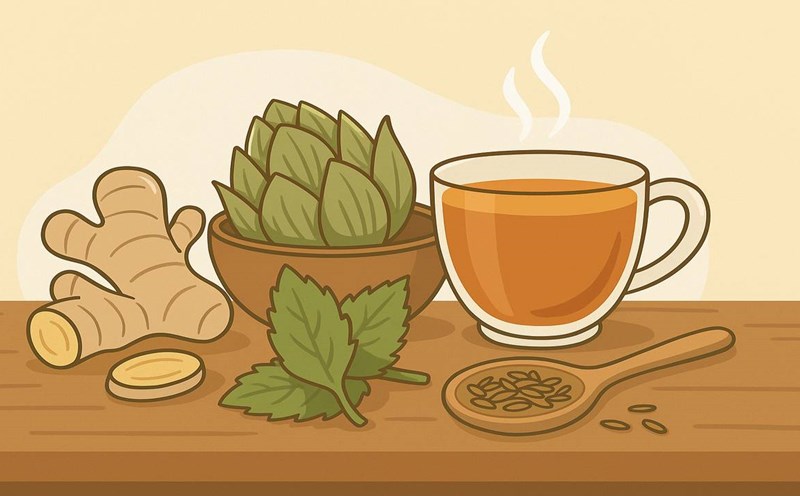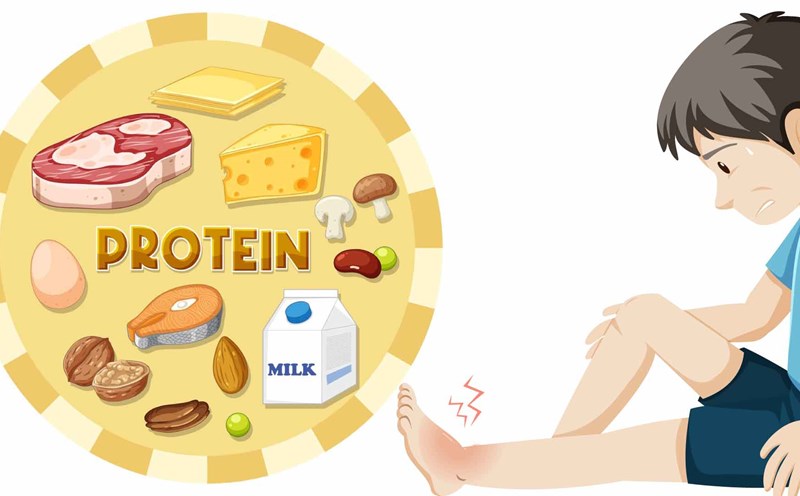Protein is not only a nutrient that helps you feel full for a long time. It is a core ingredient for building muscles, bones, skin, hair, nails and maintaining the functioning of the immune system. When there is a lack of protein, even for a short time, the body begins to deteriorate from within without you knowing it.
Protein deficiency can cause a series of serious consequences, from immunodeficiency to loss of muscle mass and fatty liver, warned clinical nutritionist Jonathan Purtell, RDN at Lenox Hill Hospital (New York, USA).
Signs that are easy to ignore
One of the most common manifestations is fatigue of unknown cause because the body lacks fuel to function. When there is not enough protein in the diet, muscles are stripped to maintain energy, making you weak and sluggish.
In addition, weak nails, dry hair, and flaky skin are signals that the body lacks ingredients to regenerate cells. In children, the consequences are even more serious with stunted Trumpets, slow development and in severe cases, it can lead to Kwashiorkor's disease, manifested by swelling in the limbs, large abdomen, and discolored hair.
Emotions are not left out. According to Purtell, protein is the foundation for the production of serotonin and norepinephrine, two mood-control neurotransmitters. When deficient, it can easily lead to irritability, anxiety, and even depression.
Who is at risk of protein deficiency?
Extreme dieters, drug addicts, the elderly, people who have undergone major surgery or have chronic diseases (such as kidneys, lungs, cancer) are all at high risk of protein deficiency. In particular, many people think that eating less meat is enough, while still forgetting the source of protein from beans, nuts and seafood.
How much protein do you need per day?
For healthy adults, protein needs range from 0.8 to 1.2g of protein/kg per day, depending on the level of exercise. A person weighing 60kg needs at least 48g of protein/day.
Sharing protein into daily meals, rather than focusing on one meal, recommends Colleen Doherty, MD, a medical consultant for the article.
What are protein-rich foods?
In addition to meat, fish, eggs and milk, you can find quality protein in lentils, quinoa, soybeans, chia seeds. A serving of tofu or a glass of soy milk can also contribute 7 - 10g of protein.
If you are constantly feeling exhausted, your hair is degraded and you are often sick, don't rush to blame the weather or work. It is very likely that your body is struggling with protein deficiency, something that seems very small, but is the foundation of all living functions.











